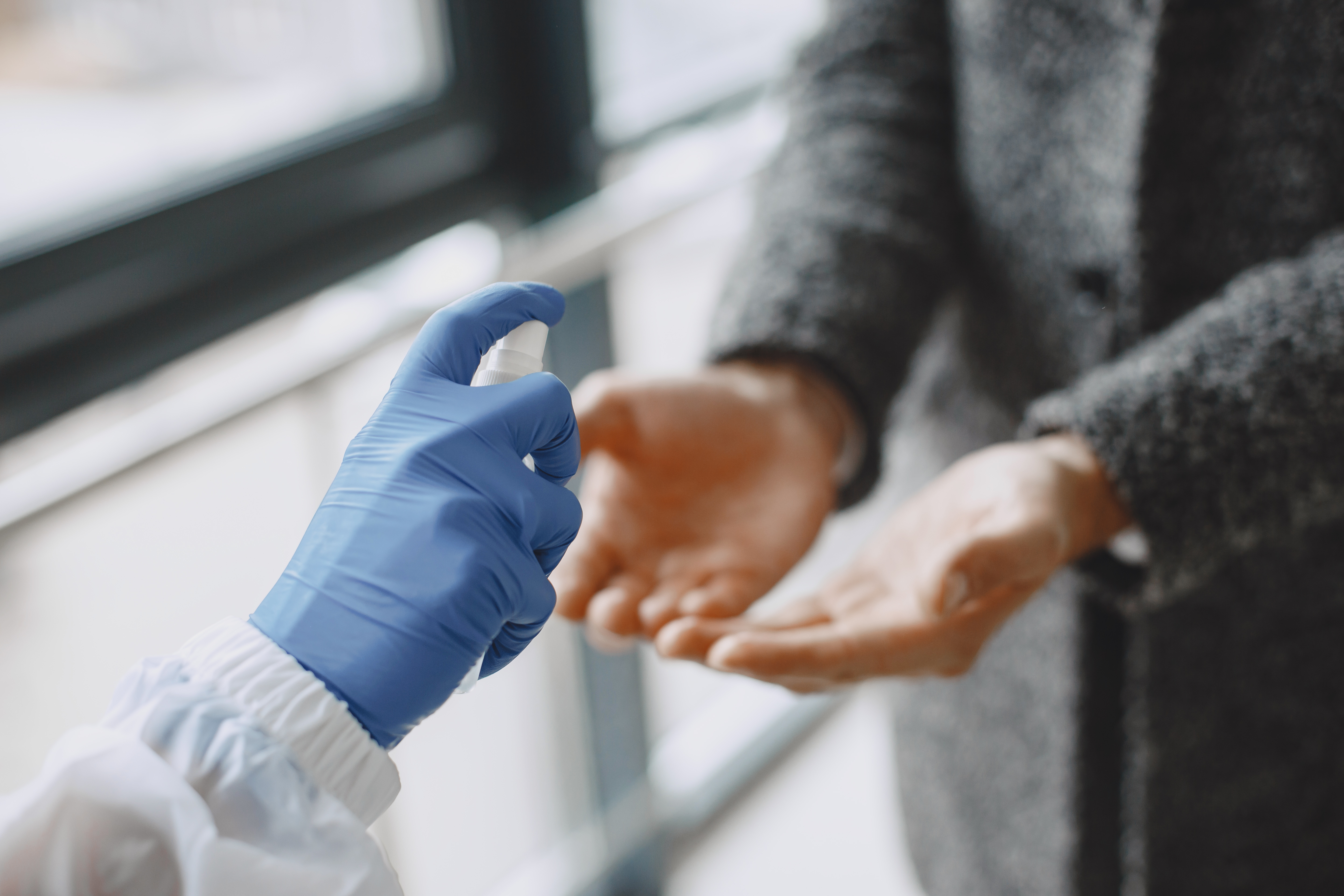The Importance of IPAC in Dentistry
Sep 14 , 2025
When patients walk into a dental office, they often think about the treatment ahead — a cleaning, filling, or perhaps a consultation for orthodontics. What is less visible, but equally important, is the strict system of infection prevention and control (IPAC) that underpins every procedure. Dentistry is unique in that it involves direct contact with saliva, blood, and oral tissues. Without strong infection control, patients and staff alike would be at risk.
Public Health Ontario (PHO) provides clear, evidence-based guidelines for IPAC. These standards are not optional; they are mandatory and regularly audited by regulatory bodies like the Royal College of Dental Surgeons of Ontario (RCDSO). At Monarch Dentistry, we follow these protocols rigorously to safeguard the trust our patients place in us.
Why IPAC Matters in Dentistry
Dental offices are environments where microorganisms can easily spread if not properly controlled. Aerosols created by dental handpieces and ultrasonic scalers, contaminated instruments, and close face-to-face interactions all carry potential risks. IPAC measures prevent the transmission of infectious diseases such as hepatitis B and C, influenza, COVID-19, and other respiratory and bloodborne infections.
For patients, this means peace of mind. Every instrument, surface, and piece of equipment used during their visit is handled under strict guidelines that minimize risk. For dental teams, IPAC ensures a safe working environment and reduces occupational hazards.
Core Principles of IPAC
Public Health Ontario outlines a hierarchy of controls that all dental offices must implement:
Hand Hygiene: The single most important practice. Staff must wash or sanitize hands before and after every patient contact, after removing gloves, and after contact with contaminated surfaces.
Personal Protective Equipment (PPE): Gloves, masks, protective eyewear, and gowns are used appropriately and changed between patients.
Environmental Cleaning: Chairs, counters, and high-touch surfaces are disinfected between patients with approved medical-grade disinfectants.
Instrument Reprocessing: All dental instruments are either sterilized using approved autoclaves or disposed of if single-use. Sterilization logs and biological monitoring are maintained for accountability.
Risk Assessments: Staff are trained to perform a “point-of-care risk assessment” before every patient interaction to determine what PPE and precautions are needed.
Transparency and Patient Awareness
Patients may not see every aspect of IPAC, but transparency is important. At Monarch Dentistry, sterilization areas are kept organized and visible, and staff are always ready to answer questions about protocols. We encourage patients to ask how instruments are sterilized or how rooms are disinfected. This openness builds confidence and shows our commitment to safety.
Continuous Training and Audits
IPAC is not a one-time task. Staff undergo ongoing training to stay updated on new guidelines, and managers conduct regular internal audits. Public Health Ontario resources are used as training tools, ensuring that practices remain consistent across all locations. If updates to standards are released, policies are revised immediately to reflect them.
The Bigger Picture: Community Health
Strong IPAC practices extend beyond the dental chair. By preventing the spread of infections, dental clinics contribute to the overall health of their communities. This is especially important in times of public health challenges, such as influenza outbreaks or pandemics. Each patient interaction is an opportunity to reinforce broader infection control efforts.
Why It Matters to You as a Patient
For patients, knowing their dental office follows PHO guidelines offers reassurance that their health is the top priority. It means instruments are sterilized, surfaces are disinfected, and staff are protected with the right equipment. Most importantly, it means every visit is safe, whether you are coming in for a routine cleaning or a complex procedure.
At Monarch Dentistry, IPAC is more than a regulation; it is part of our culture. We believe that safe dentistry is the only dentistry, and we are proud to uphold the highest standards set by Public Health Ontario.









